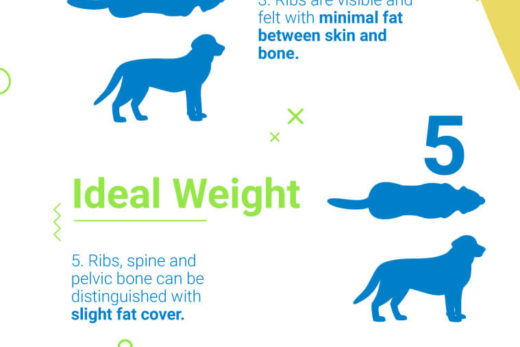Derived from cannabis plants – typically, hemp plants, in particular – hemp products like CBD oil have become quite the rage, but there is still a lot of confusion about them along with the legal status of CBD. This is because products like CBD oil have a close association with marijuana and products derived from it. However, unlike marijuana, CBD can’t cause a high, making it legal in many more places. This includes the United States, where CBD items derived from hemp are legal countrywide for over-the-counter used, except in very rare situations.
To better understand why CBD oil is more and more being separated from marijuana laws around the world, it’s crucial to understand what cannabis is and why different products from it can and should fall under different laws/restrictions.
The 2018 Farm Bill, officially known as the Agriculture Improvement Act of 2018, removed cannabis sativa plants with no more than 0.3% THC from the Controlled Substances Act. Legally termed “Industrial Hemp”. Since hemp is now federally legal, any state that wants to create and sell derivatives from it can, with the most popular derivative being CBD oil. The 2018 Farm Bill grants the FDA the authority to regulate products containing cannabis as well. While federal laws limit hemp-derived CBD to 0.3% Delta-9-tetrahydrocannabinol (THC), individual state laws may allow CBD items to have more than 0.3%.
However, CBD can also be derived from marijuana products, and these products may or may not adhere to the 0.3% rule if marijuana is legal in the state. Let’s take a closer look at state laws around the United States to give you a better idea at which cannabis products are legal and illegal. CBD and cannabis laws are still rapidly changing, so make sure you look up your state’s current restrictions before buying as it may differ from the information below.
US States Where Both Hemp And Marijuana CBD products Are Legal

12 US states have essentially no restrictions on CBD products: Washington, District of Columbia, Oregon, Alaska, California, Nevada, Colorado, Illinois, Michigan, Vermont, Maine, and Massachusetts.
28 US states allowed hemp-CBD for recreational use, but restrict marijuana-CBD for medical purposes only: Alabama, Arizona, Arkansas, Connecticut, Delaware, Florida, Georgia, Hawaii, Iowa, Louisiana, Maryland, Minnesota, Missouri, Montana, New Hampshire, New Jersey, New Mexico, New York, North Dakota, Ohio, Oklahoma, Pennsylvania, Rhode Island, Utah, Virginia, West Virginia, Wisconsin, and Wyoming.
US States Where Only Hemp-CBD Products Are Legal
10 US states that allow hemp-derived CBD, but ban marijuana-derived CBD: Indiana, Kansas, Kentucky, Mississippi, Nebraska, North Carolina, South Carolina, Tennessee, and Texas.
US States Where CBD Laws Are Fall Into A Legal Grey Zone
South Dakota technically only allows FDA-approved CBD for medical use. However, there is currently one CBD item approved which is designed for humans and is an isolate. State laws have reclassified CBD from a Schedule 1 to a Schedule 4 substance.
Idaho allows use of FDA-approved CBD, and non-marijuana unregulated CBD products that contain no traces of delta-9-tetrahydrocannabinol. Because Idaho lumps both the hemp and marijuana plant together, for a CBD product to be legal in the state, it must be derived or produced from (a) mature stalks of the plant, (b) fiber produced from the stalks, (c) oil or cake made from the seeds or the achene of such plant, (d) any other compound, manufacture, salt, derivative, mixture, or preparation of the mature stalks, or (e) the sterilized seed of such plant which is incapable of germination.
CBD’s Legality In The United States Summarized
So is CBD oil legal along with other CBD products? When limited to no more than 0.3% THC, the sale of hemp-derived products from hemp such as CBD is federally legal in the United States. However, the legal status of CBD in the United States allows state laws to prevail over federal law.





